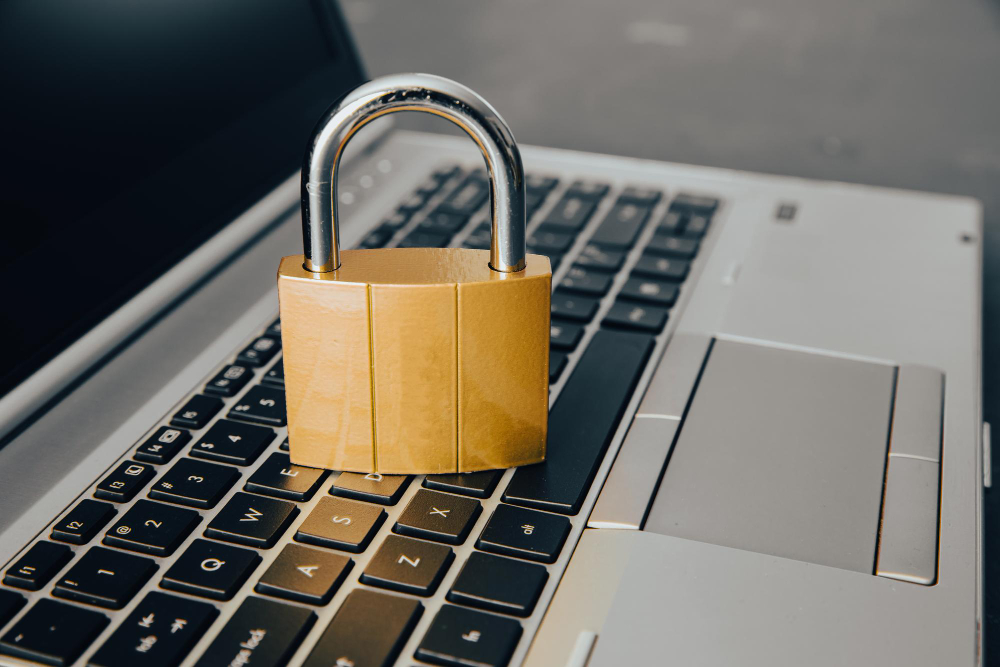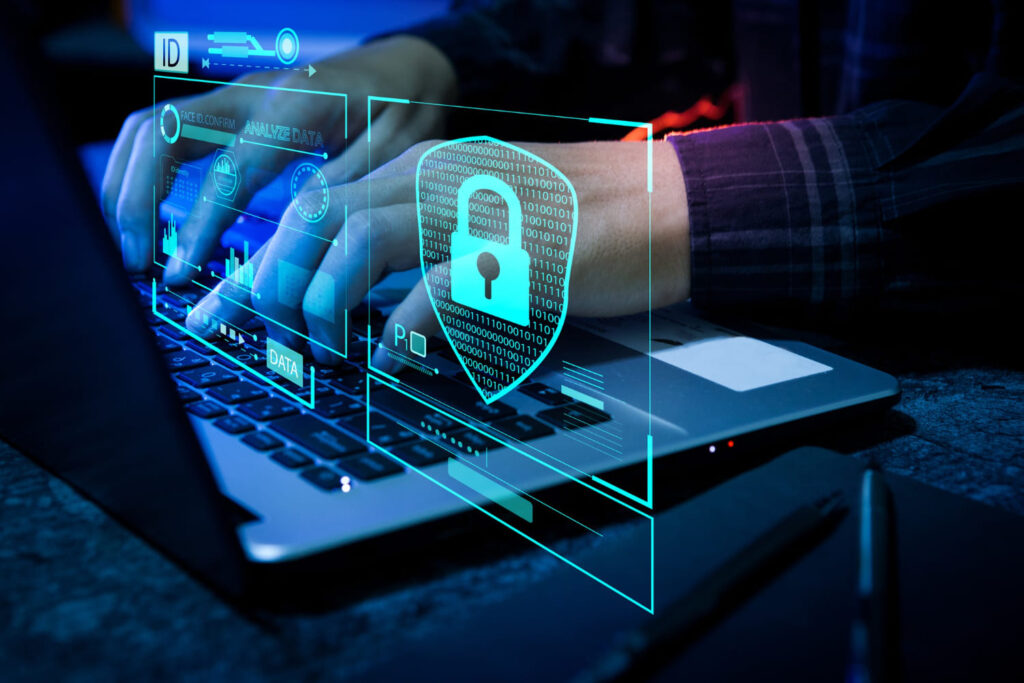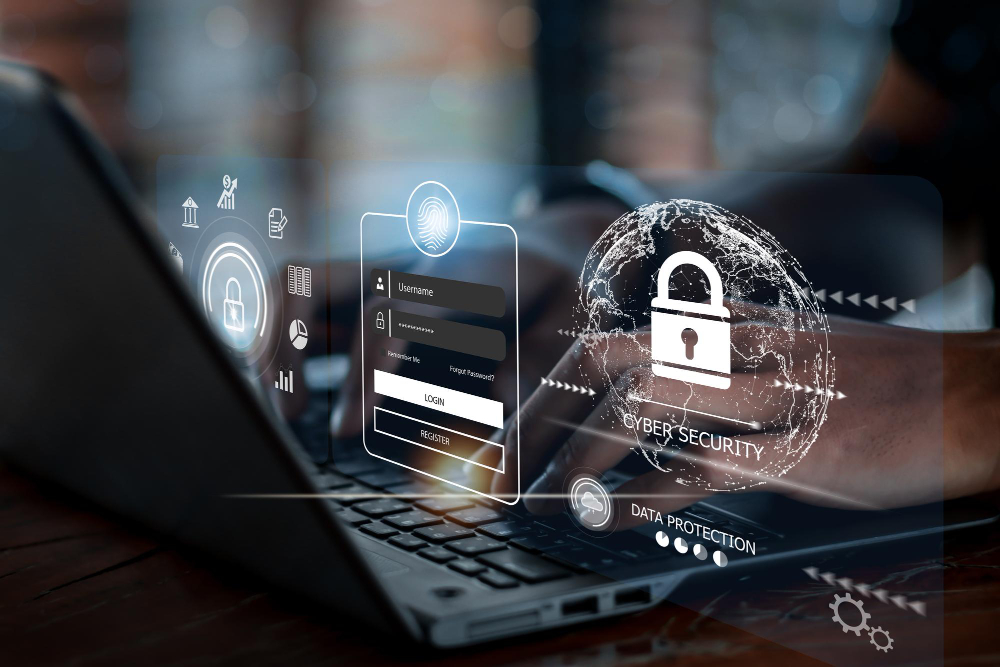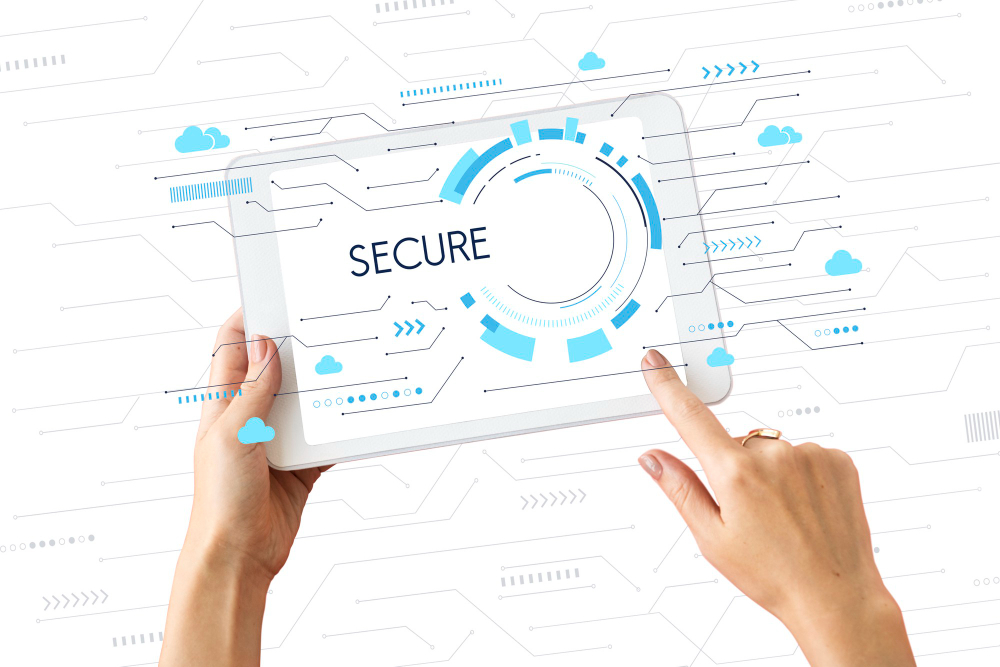Data security and data privacy might be terms that often get mixed up or used interchangeably, but they are different concepts that play distinct roles in protecting information.
Both aspects need to be carefully addressed if you want your data to be protected. Therefore, read on if you want to learn more about data privacy and security. We will delve deeper into these topics, discussing their significance in today’s digital era.
Let’s get it started!
What is Data Privacy?

Data privacy is individuals’ right to control the access to and use of their identifiable information, such as credit card numbers and bank account balances. It encompasses the proper handling and usage of personal data throughout its lifecycle. This ensures that individuals have the autonomy to determine how the authorized parties use their information.
As privacy is a fundamental human right, individuals also need privacy protection for their data. This includes data security to safeguard their personal information, which we will discuss in the next section.
What is Data Security?

Data security, or data protection, refers to the protection of information from unauthorized access, use, disclosure, disruption, modification, or destruction. It is focused on safeguarding personal data, such as sensitive data about individuals or organizations, from unauthorized third-party access, malicious attacks, and exploitation.
Data protection uses different ways to secure the data, like making it unreadable to unauthorized users and controlling who can see it. All of this is done to ensure that outsiders cannot access data privacy.
Data Protection vs. Data Privacy

The definition of data protection and privacy has been discussed. Now, let’s focus on the differences between data privacy and data protection (or data security) and how both must work together to ensure sensitive information security.
Different Focus and Functions of Data Privacy and Security
Data privacy refers to who has the right to access the data. It’s about the policies and guidelines that determine how personal data is collected, used, shared, and protected.
On the other hand, data security is how these policies and guidelines are upheld. It encompasses the use of data security tools like encryption and access controls, as well as procedural measures such as employee training and plans for responding to incidents.
Take this as an example: Password is the data security method for an email. Meanwhile, how email provider handles and uses your data to manage your account falls under the category of data privacy.
User Control vs. Company Responsibility
Users usually have control over data privacy, which means they can choose how much of their information is shared and with whom. Meanwhile, data protection usually becomes the responsibility of the companies that handle the data. They must ensure the critical data stays private, following the rules and the data privacy laws.
Best Practices for Ensuring Data Security

To ensure data security, there are several strategies that you can consider. The aim is to prevent data loss, theft, and deletion. Here are the best practices to do it:
- Firewalls: Firewalls are essential tools for data security. They are utilities that filter and monitor network traffic, often used to restrict access to data and prevent unauthorized transfer.
- Data Loss Prevention (DLP): DLP strategies and tools help prevent data loss through various methods, such as monitoring and recovery mechanisms.
- Storage with Built-in Data Protection: Modern solutions offer features like disk clustering and redundancy to provide built-in protection for data.
- Data Erasure: Regularly deleting data that is no longer needed reduces liability. This can be done after data has been processed and analyzed or when it becomes irrelevant.
- Authentication and Authorization Controls: These controls help verify user credentials and ensure the right individuals are applied.
- Endpoint Protection: This involves protecting network gateways, including ports, routers, and connected devices, through software that monitors and filters network traffic.
Best Practices for Ensuring Adequate Data Privacy

According to a survey by DDMA, 71% of the 20,000 respondents from 16 countries indicated that they view data privacy as a concern for them. This large number shows that many people are aware and worried about keeping their personal information safe in today’s digital world, and it’s essential for oneself to ensure adequate data privacy.
Here are a few best practices to make sure that your data privacy is working great:
- Minimal Data Collection: It’s recommended for businesses to collect only the necessary data to reduce risk and strain on security teams. Having minimal data also helps you reduce data storage costs and bandwidth to allocate your resources more efficiently and effectively.
- User Involvement: Encouraging businesses to involve users in the data collection process by being transparent about how their data is used and stored. This approach aims to guarantee that user data is handled responsibly and according to their expectations.
- Data Inventory: Understanding what data it has, how it uses that data, and where it keeps it. This is essential for maintaining compliance with privacy regulations and ensuring data security.
Frequently Asked Questions
What is the significance of data privacy in today’s interconnected world?
How do emerging technologies impact the landscape of data security?
As technology evolves, organizations must stay vigilant, adapt security measures, and develop new encryption methods to ensure data privacy and protect your data against various threats.
What role do individuals play in ensuring their own data privacy?
Conclusion
Both data privacy and data security are important to safeguard sensitive information. To maximize the benefits of these aspects, understanding the proper data protection strategy is crucial. We’ve already seen how breaches in either area can lead to severe consequences. Therefore, organizations and individuals must prioritize data privacy and security to mitigate risks effectively.
One needs comprehensive cybersecurity solutions to protect personal data or an organization’s sensitive data. Contact Fluxgate now to safeguard your business and ensure a secure digital environment!
